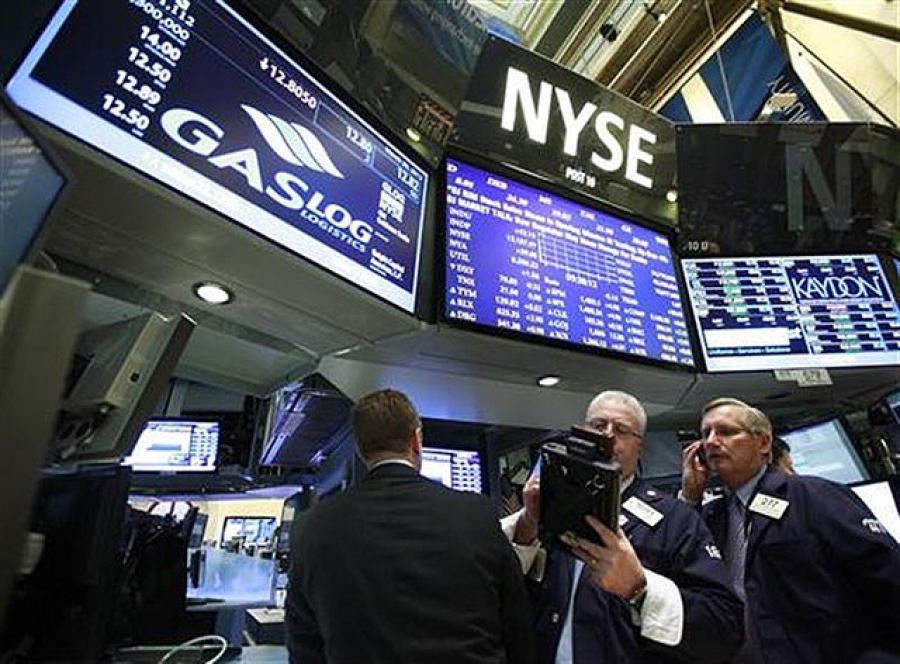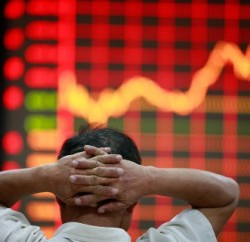On Tuesday, Shares of Raytheon Company (NYSE:RTN), gained 3.37% to $106.34.
The Netherlands Ministry of Defense is adding Raytheon Company’s (RTN) Excalibur Ib artillery rounds to its arsenal under a formerly declared foreign military sales agreement, underscoring growing international interest in the precision-guided projectile.
The Netherlands is the second Excalibur lb customer in Europe after Sweden, the U.S. government’s development partner for the 155 mm round. Deliveries are predictable to start later this year.
“When fired from the Dutch PzH 2000 artillery system, Excalibur can fly up to 50 kilometers, score a direct hit and deliver lethal effects in all types of weather and battlefield conditions,” said Mark Hokeness, Raytheon’s Excalibur program director. “The Netherlands joins a growing list of nations acquiring this highly sophisticated artillery munition, which uses GPS guidance to provide accurate, first-round effects capability at extended ranges.”
Raytheon Company develops integrated products, services, and solutions in the areas of sensing; effects; command, control, communications, and intelligence; mission support; and cyber and information security worldwide. It operates in four segments: Integrated Defense Systems (IDS); Intelligence, Information, and Services (IIS); Missile Systems (MS); and Space and Airborne Systems (SAS).
Finally, Penn West Petroleum Ltd (USA) (NYSE:PWE), ended its last trade with -6.09% loss, and closed at $0.603.
Penn West Petroleum, declared that it received notification on September 4, 2015 from the New York Stock Exchange that Penn West is no longer in compliance with one of the NYSE’s continued listing standards applicable to Penn West because the average closing price of Penn West’s common stock was less than US$1.00 per share over a successive 30 trading day period. As of September 2, 2015, the average closing price of Penn West’s common stock over the preceding successive 30 trading day period was US$0.99 per share. The issuance by the NYSE of the notification is non-discretionary and is sent automatically when a listed company’s stock price falls below the minimum price-listing standard.
Non-compliance with the NYSE’s price listing standard does not affect Penn West’s business operations or its reporting requirements to the U.S. Securities and Exchange Commission (the “SEC”), nor does it breach or cause an event of default under any of Penn West’s agreements with its lenders. Penn West continues to comply with the terms of all of those agreements. In addition, non-compliance with the NYSE price-listing standard does not affect the continued listing and trading of Penn West’s common shares on the Toronto Stock Exchange (the “TSX”).
Under the NYSE’s rules, Penn West has a period of six months from the date of the NYSE notification to regain compliance with the NYSE’s price listing standard and avoid delisting. If Penn West determines to remedy the non-compliance by taking action that requires shareholder approval, then Penn West may seek to obtain such shareholder approval at its next annual meeting, which may take place more than six months from the date of the NYSE notification. Penn West can regain compliance if, during the applicable cure period following receipt of the NYSE notification, on the last trading day of any calendar month, Penn West’s common stock has a closing price and a 30 trading day average closing price of at least US$1.00 per share. In the event that at the expiration of the applicable cure period, Penn West has not regained compliance, the NYSE will commence suspension and delisting procedures. Administration of Penn West will actively monitor the stock price and evaluate all available options in order to regain compliance with the NYSE’s price listing standard within the applicable cure period.
Penn West Petroleum Ltd. explores for, develops, and produces oil and natural gas properties in western Canada. The company’s properties are located in Alberta, British Columbia, Saskatchewan, Manitoba, and the Northwest Territories, Canada; and Wyoming, the United States.
DISCLAIMER:
This article is published by www.wsnewspublishers.com. The Content included in this article is just for informational purposes only. All information used in this article is believed to be from reliable sources, but we make no representations or warranties of any kind, express or implied, about the completeness, accuracy, or reliability with respect to this article.
All visitors are advised to conduct their own independent research into individual stocks before making a purchase decision.
Information contained in this article contains forward-looking information within the meaning of Section 27A of the Securities Act of 1933 and Section 21E of the Securities Exchange Act of 1934, counting statements regarding the predictable continual growth of the market for the corporation’s products, the corporation’s ability to fund its capital requirement in the near term and in the long term; pricing pressures; etc.
Any statements that express or involve discussions with respect to predictions, expectations, beliefs, plans, projections, objectives, aims, assumptions, or future events or performance may be forward looking statements. Forward-looking statements are based on expectations, estimates, and projections at the time the statements are made that involve a number of risks and uncertainties which could cause actual results or events to differ materially from those presently anticipated. Forward looking statements may be identified through the use of such words as expects, will, anticipates, estimates, believes, or by statements indicating certain actions may, could, should might occur.



